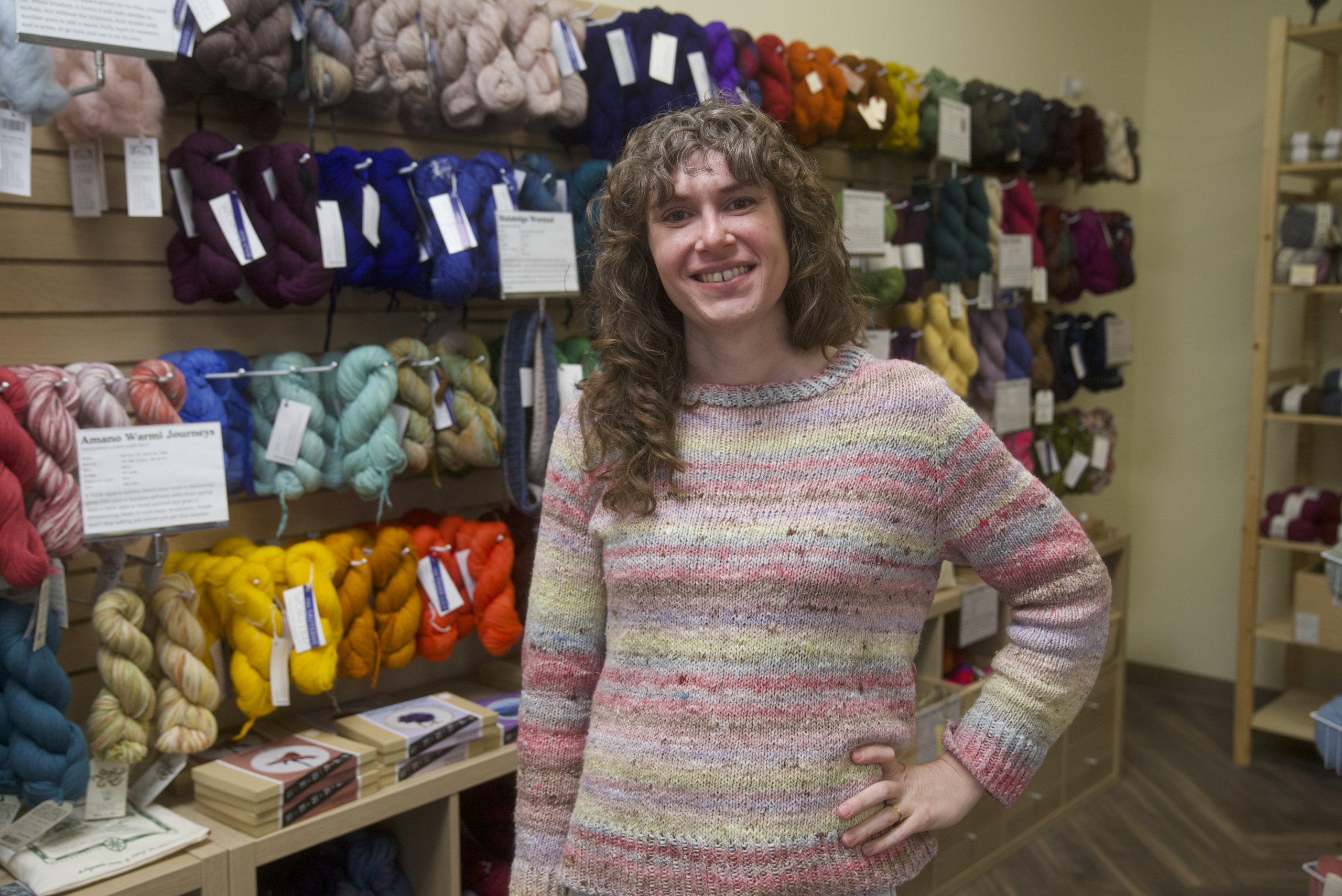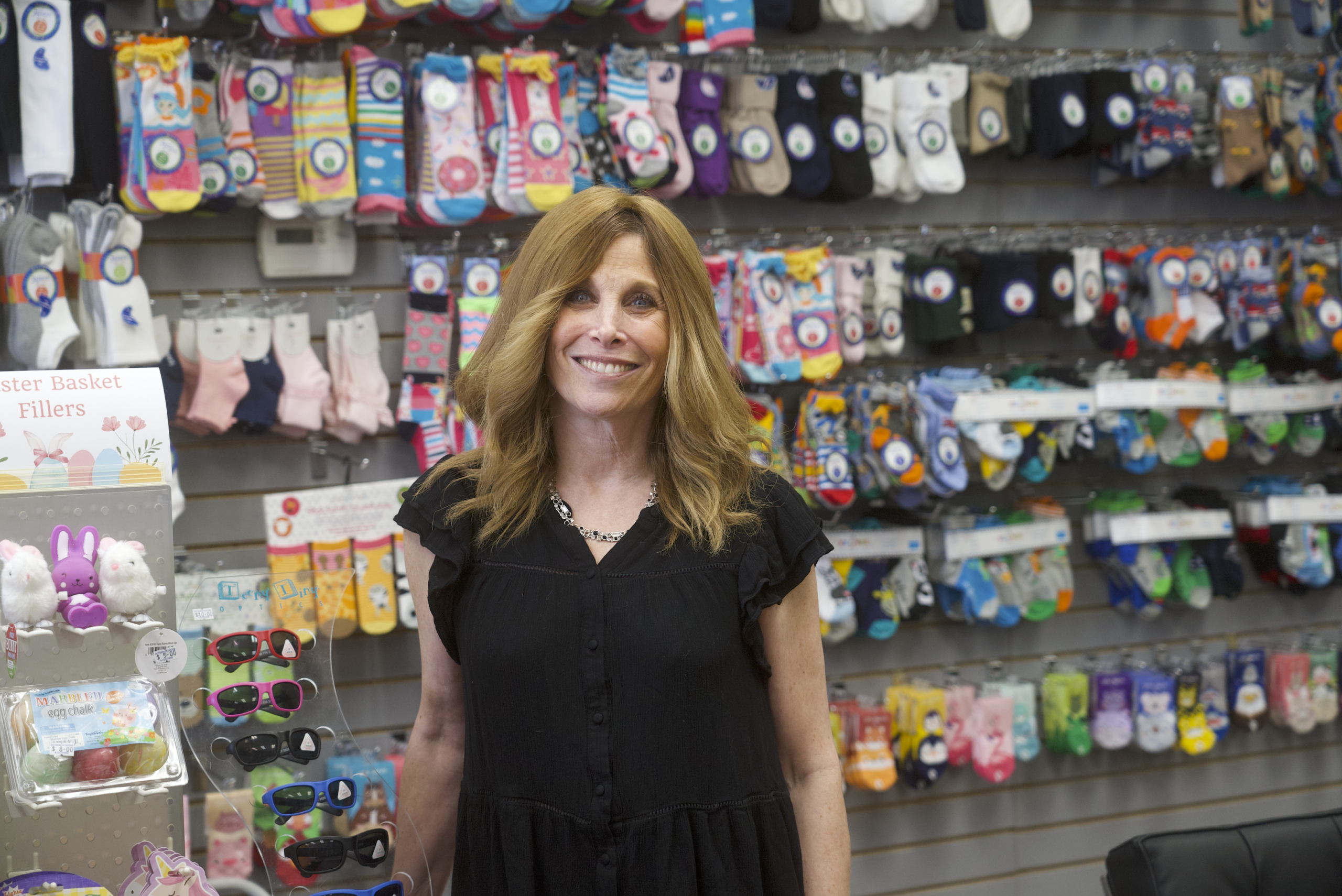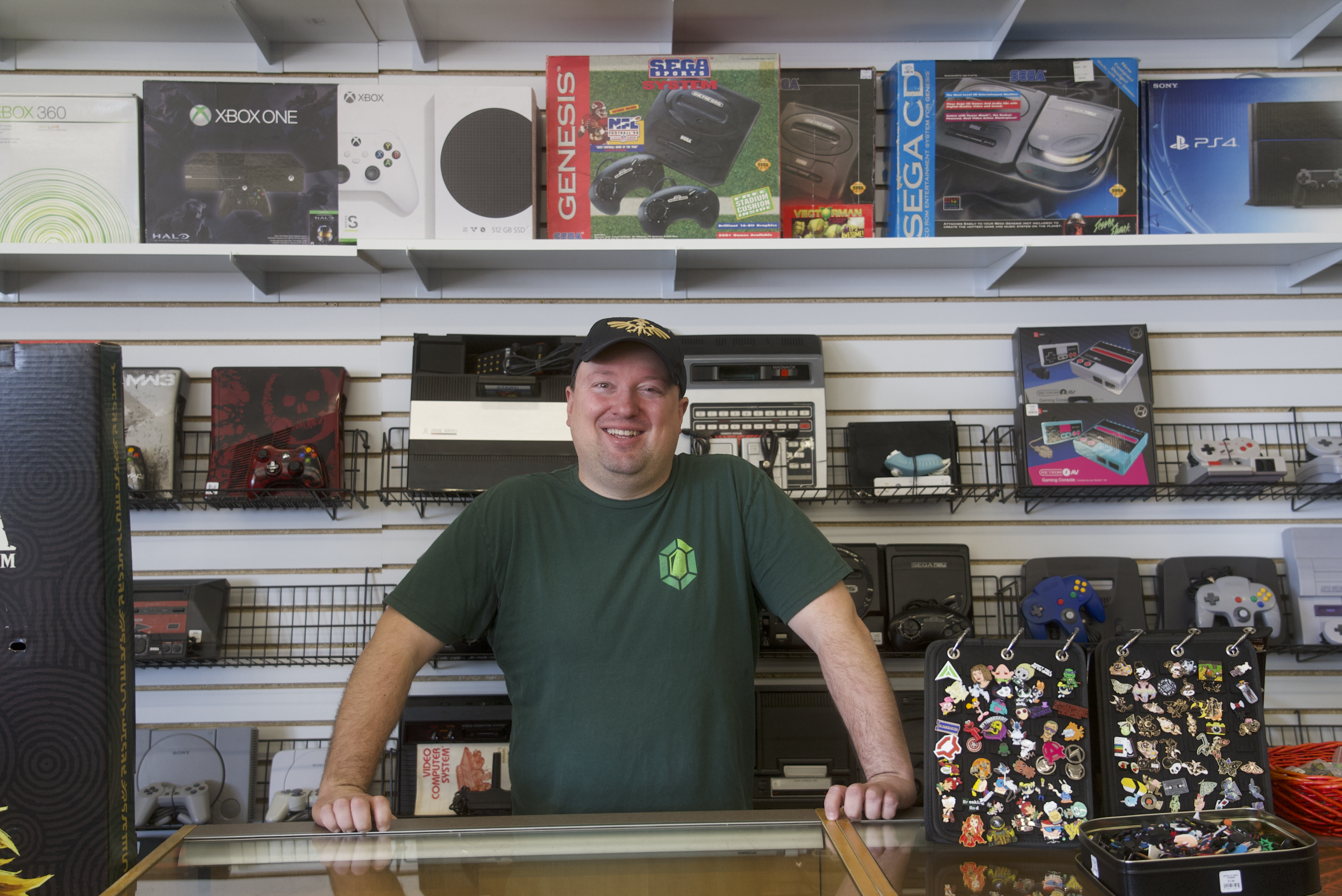Getting started in the retail industry doesn’t mean you have to have experience. In fact, some of the most successful retail professionals start with something far more powerful: curiosity and passion.
Just ask Hannah Wilson, owner of The Dropped Stitch, a cozy yarn and fiber arts store located in Chicago’s vibrant Andersonville neighborhood. After a successful career in tech and a winning streak on Jeopardy!, Hannah turned her lifelong passion for knitting into a profitable retail business, building the shop from scratch despite having no prior experience in the retail industry.
Her story offers practical advice for anyone wondering how to get a job in retail. These lessons are designed for individuals seeking to start a retail career.
Here’s what you can learn from her unconventional journey.
1. Let Passion Drive the Process
Hannah’s journey all began with knitting. It was a hobby passed down from her mother that turned into a business idea when she saw a vacant storefront in her neighborhood. From there, she knew she had to build a yarn shop, and that passion became the foundation of The Dropped Stitch.
If you’re new to the retail industry, having a genuine interest in the products or the customer base can give you an advantage. When you care about what you’re selling, that enthusiasm naturally translates into better service, stronger communication, and a more positive and improved customer experience.
Passion may not show up on your resume, but it shines through in interviews and on the sales floor. Let your passions guide where you apply and how you connect.
2. Be Bold Enough to Start Where You Are
Hannah didn’t have a retail background, but she asked herself, “Could I just start a store? Is that something that a person can do?” The answer was yes. She knew she’d find success because she was willing to try, learn, and improve along the way.
Too often, job seekers wait until they feel “ready.” But retail rewards those who are willing to roll up their sleeves and dive in. If you’re applying for a part-time job, offering to volunteer during store events, or starting small in seasonal retail, know that those initial steps and learned skillsets can create lasting momentum.
Readiness is often a myth. What matters more is your willingness to learn and having the initiative to take the first step toward getting started in retail.
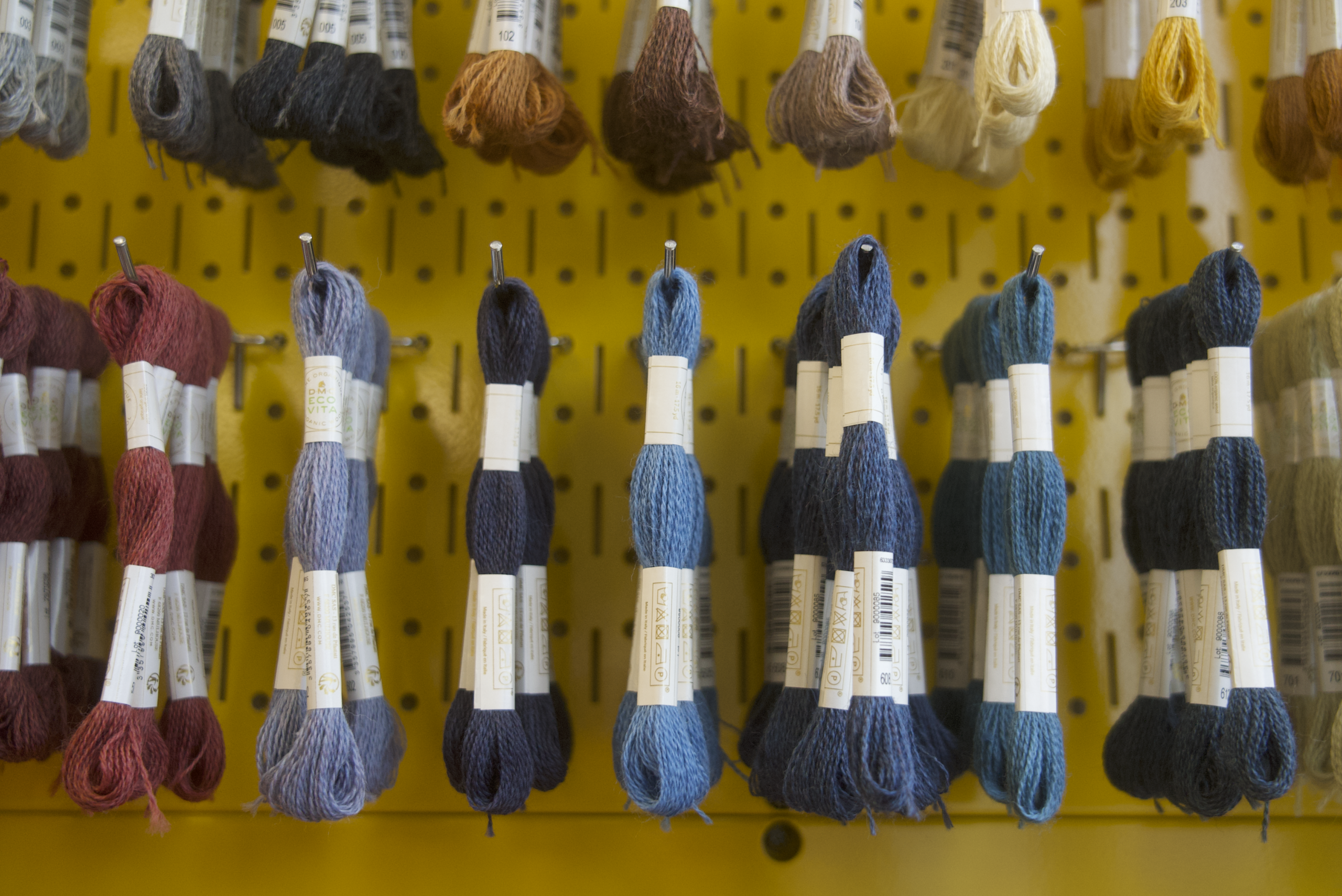
3. Seek Out Mentorship and Learn from Others
One of Hannah’s smartest early moves was reaching out to the owner of another yarn shop in Chicago. That connection provided her with critical insights, like where to source materials, how to set up vendor accounts, and what mistakes to avoid.
Mentorship in retail isn’t reserved for entrepreneurs. If you’re pursuing your first retail job, you can:
- Ask current employees how they got started
- Connect with local store owners on social media
- Attend retail networking events or workshops
- Inquire about shadowing or volunteering opportunities
Mentorship shortens your learning curve and gives you an insider perspective, something that’s especially valuable in an industry as fast-moving as retail.
You don’t have to figure it out alone. The retail world is full of people who are willing to share what they’ve learned, so don’t hesitate to reach out and start a conversation.
4. Embrace Every Learning Opportunity
Retail is dynamic. From setting up displays to managing stock and addressing unexpected customer questions, it requires adaptability and a growth mindset. Hannah approached each part of her startup process with curiosity and learned everything from store design to inventory systems on the fly.
In her words: “Everything I kind of had to teach myself, which I honestly really enjoyed. It was a lot of fun.”
If you’re applying for your first job, express your eagerness to learn new systems, processes, and tools. Employers value flexibility and a can-do attitude just as much as experience.
Every shift is a chance to grow. Don’t view your mistakes as roadblocks. Instead, use them as stepping stones to become a better retail employee.
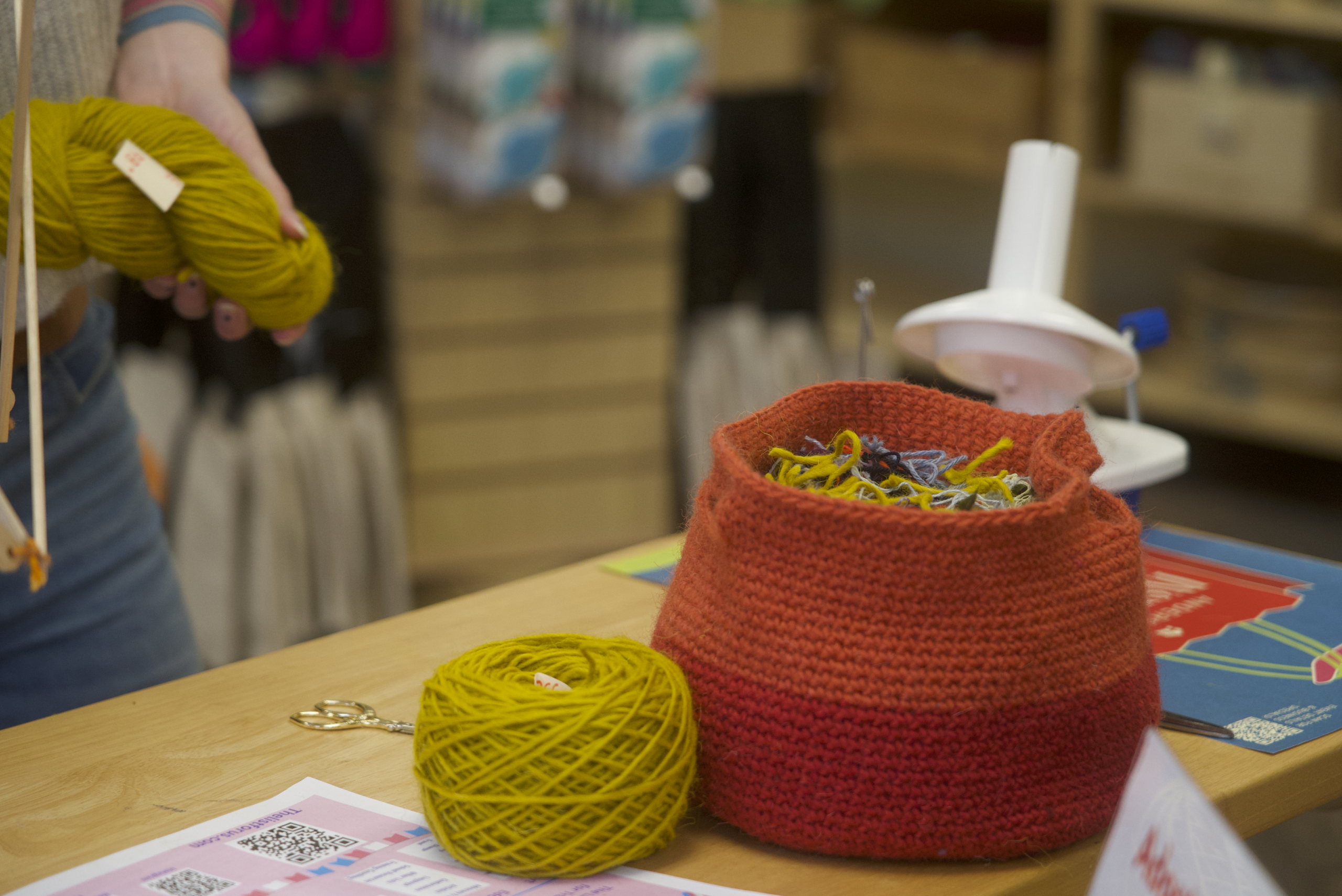
5. Recognize and Highlight Transferable Skills
One reason Hannah thrived was because she brought useful skills from her previous career in tech. Problem-solving, organization, and creativity helped her succeed in a new environment. If you’re entering retail from another industry, don’t underestimate the value of what you already know.
Here are some common transferable skills that retail employers look for:
- Customer service and communication
- Time and task management
- Tech fluency (POS systems, scheduling software)
- Visual attention to detail (great for merchandising)
- Team collaboration and adaptability
Even volunteer experience or freelance gigs can demonstrate these capabilities.
You already have more retail-ready skills than you think. Identify them and showcase them clearly on your resume and in your interviews to get the job.
6. Understand the Value of Community Connection
Retail is about transactions, but more than anything, it’s about relationships. Hannah shared how her store has become a hub for local knitters, fiber artists, and members of the LGBTQ+ community. The connections she builds daily are part of what makes her work meaningful.
In retail, your ability to connect with others is as important as your product knowledge, so lead with empathy and curiosity.
If you’re hoping to work in retail, show your employers that you’re not just there to clock in but to listen, assist, and build trust with customers. That’s what turns a job into a long-term opportunity.

7. Stay Committed
Success in retail rarely happens overnight. Hannah spent months planning, learning, and slowly building The Dropped Stitch into what it is today. Even though she didn’t start as an expert, she kept going.
Your first retail job may not be glamorous. It may involve monotonous tasks like folding clothes, restocking shelves, or answering basic customer questions, but every role builds experience, trust, and skill.
Starting small isn’t a setback. It’s your starting line. Stay consistent, stay curious, and your career can grow far beyond your first title.
Conclusion
Hannah’s story proves that anyone from tech professionals to trivia champions can find success in retail if they’re passionate, resourceful, and willing to keep learning.
If you’re wondering how to get a job in retail, don’t wait for the “perfect” opportunity. Start with where you are. Be open to growth and remember that every store, every shift, and every customer interaction is a chance to build a meaningful career.
We Are Retail is committed to highlighting Illinois’ diverse and dynamic retailers. If you loved learning about the story of The Dropped Stitch and know a retailer who deserves recognition, Nominate A Retailer!

